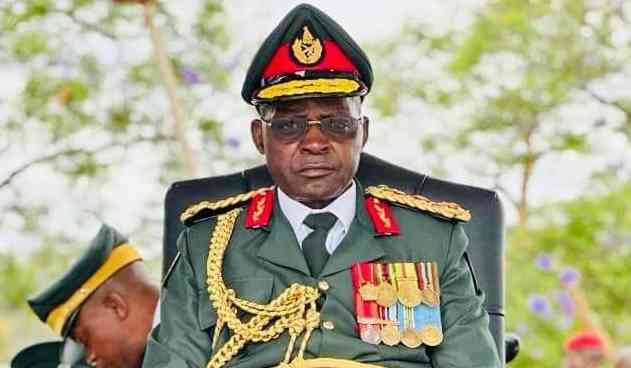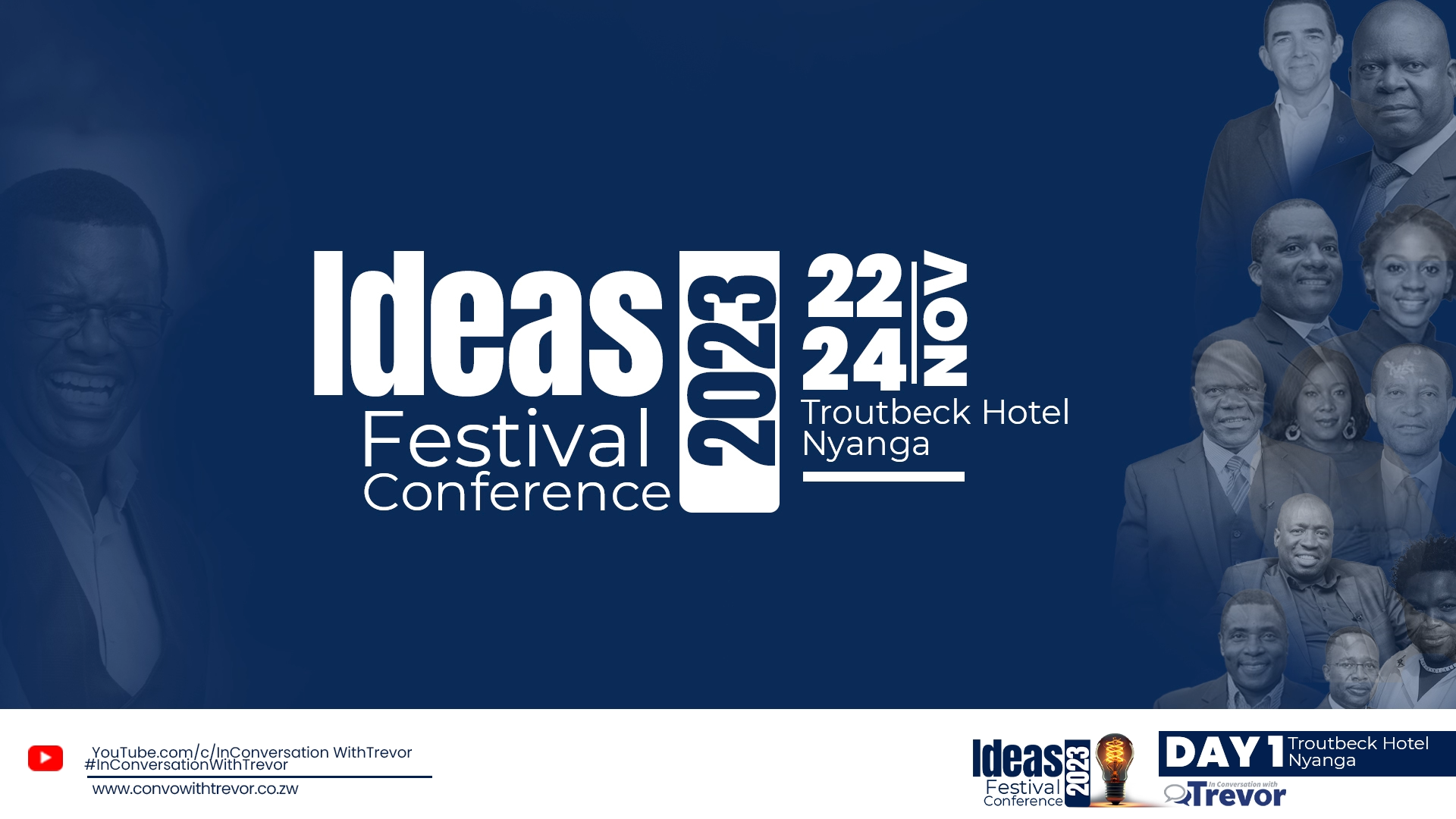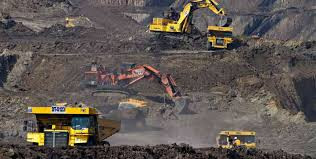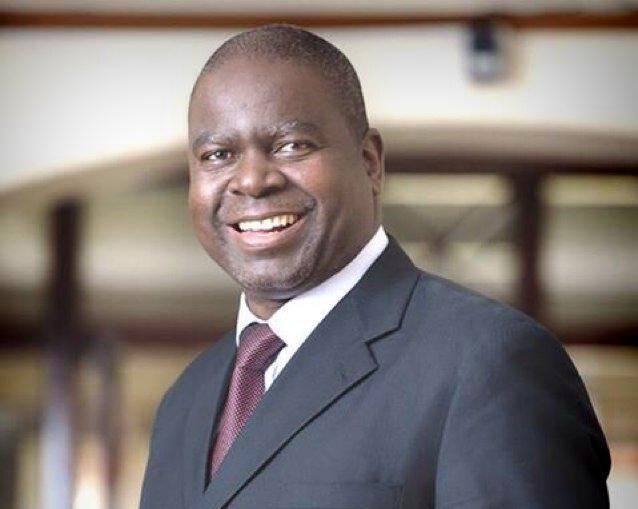The role of the military in Zanu PF succession wars after President Emmerson Mnangagwa’s allies launched a bid to have him extend his term beyond 2028 cannot be undermined to ensure the country’s stability, an independent think-tank says.
Any attempts to side-line the military would be doomed, the Zimbabwe Democracy Institute (ZDI) argued in its latest report released on Friday.
The report is titled: Who is the elephant in the room? The warrior tradition. The military and the party.
ZDI said its report sought to provide critical analysis on the Zimbabwean political economy in the context of succession wars within the ruling party and the broader securocratic state.
The independent think tank said the role of the military in the politics of transition in Zimbabwe stands as one of the most pressing issues in public discourse as the army has been a decisive factor in the country’s political transitions.
- West Prop turns lifestyle living into a profit-making venture
- Vungu Solar signs 25-year deal to deliver 30MW to national grid
- Invictus loses US$90m as Qatari deal collapses
- ECA, Morocco sign host agreement ahead of 2026 ministers’ conference
- ZimTrade to host annual conference next month
In 2017, the military played a key role in the late former president Robert Mugabe’s ouster.
His successor Mnangagwa had pledged to be a constitutionalist and respect the presidential limits.
Under the current constitution, Mnangagwa is supposed to end his term in 2028.
There were claims in the past that Mnangagwa had an agreement with then army commander and now his ceputy Constantino Chiwenga to hand over power to him when he steps down.
Mnangagwa’s allies have, however, launched a campaign to have the president extend his stay in office to 2030 to frustrate any Chiwenga presidential bid.
In its report, the ZDI said it was critical to engage in conversations that illuminate the path forward for Zimbabwe’s democracy and governance as the country navigates complex succession dynamics.
“Secondly, the military elites wield disproportionate control over strategic coercive apparatus, power, and economic influence,” the ZDI noted.
“Their role in the transition is crucial, and any strategies that side-line them are doomed to fail.
“As alluded to last week, it is essential to ensure that the military is not merely a bystander but actively involved in all transitional processes.”
The constitution provides that the army must be apolitical.
“However, the reality on the ground often contradicts these legal provisions, leading to a militarised political landscape where the military’s influence can overshadow democratic processes,” the ZDI noted.
“Thus, we pose the critical question: Who is the elephant in the room? The warrior tradition, the military, and/or the party?
“By addressing this “elephant in the room,” we can begin to unravel the complexities of Zimbabwe’s political transitions and the role of the military elite.
“Only through such critical engagement can we hope to chart a path towards a more stable and democratic Zimbabwe.”
“The military involvement in politics has always been targeted at controlling Zanu PF, as it was strategically fashioned by the military elite before independence into a systemic web of patronage links of loyalists ready to capture the state and rule through those networks.”
In 1975, there was the Mgagao Declaration where the command structure of the Zimbabwe African Liberation Army (Zanla) thrust Mugabe to the leadership of Zanu outside congress.
On the eve of the 2002 presidential election, the then commander of the Zimbabwe Defence Forces, General Vitalis Zvinavashe issued a statement saying they will not accept an opposition victory.
In June this year current Zimbabwe National Army (ZNA) commander, Lieutenant General Anselem Nhamo Sanyatwe, was recorded saying the army was deeply involved in politics and would ensure Zanu PF rules forever.
ZDI said the military wants Zanu PF to remain in control of the state
“Due to Zanu PF’s ubiquitous patronage networks strategically webbed across key decision-making arenas in state institutions—the legislature, the judiciary, the bureaucracy, the electoral management bodies, and the coercive state apparatus—he who controls Zanu PF controls levers of power that are so powerful and can neutralise the electoral threat of any political party. Reads,” ZDI noted.
“This makes the struggle to control Zanu PF leadership the most critical one in Zimbabwean transition politics.
“Whereas once in control, Zanu PF, so captured, needs its networks within the army and other state institutions to fight possible external threats to its continued stay in power, whether coming from dissenting voices, the electoral arena, civic space, or democratic spaces.”
ZDI added: “The military elite plays a significant role in power contestations within the party and in electoral contests for the presidency.
“Understanding these dynamics is crucial for comprehending the current political climate and the military’s influence on governance and state security.”
One of the excuses that the security forces used to topple Mugabe was that they wanted to rescue Zanu PF from certain election defeat following a purge of the ruling party’s old guard, including Mnangagwa, as the battle to succeed Mugabe took a nasty turn.
Mnangagwa last year sparked controversy when he appointed Zimbabwe Defence Forces commander Philip Valerio Sibanda to the Zanu PF politburo.
He was forced to reverse the appointment after he was criticised for appointing a serving soldier into the a top position in a political party.













